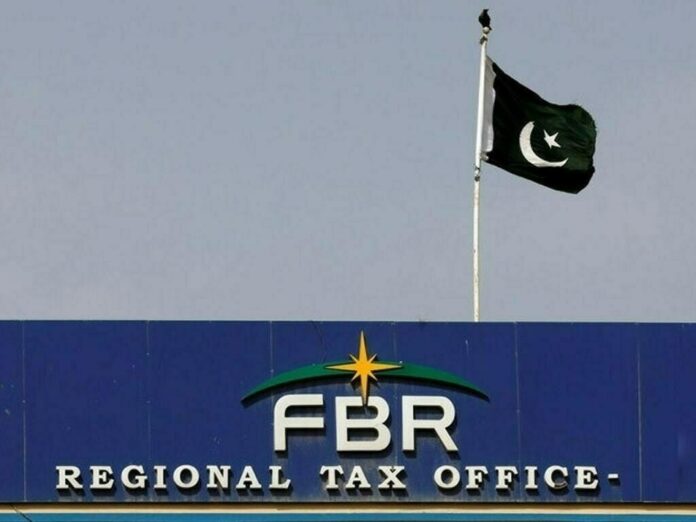Federal Board of Revenue (FBR) Chairman Rashid Mehmood Langrial ruled out the possibility of a mini-budget, emphasizing the businesses to join the tax net and become active filers, warning of strict measures against non-compliance.
He revealed that the top 1% of income earners in Pakistan are under-filing taxes by an estimated Rs1.2 trillion annually.
In an interview on a private television channel, Langrial explained that businesses exceeding Rs100 million in sales must register with the tax authorities. Failure to do so would result in the sealing of premises, attachment of property, and freezing of bank accounts.
He added that algorithms would be deployed to identify unregistered businesses without requiring direct data access from banks.
He proposed amendments to restrict the use of “Assan accounts” to non-filers, allowing transactions of up to Rs1 million, while current and savings accounts would be limited to active taxpayers. Additionally, non-filers will be barred from purchasing property unless they meet specific eligibility criteria based on their declared wealth and income history.
The FBR also plans to enforce limits on property purchases, capping eligibility at 130% of declared assets, with allowances for gifts, inheritance, and remittances. Ineligible individuals would be restricted from buying property, vehicles, or investing in securities and mutual funds.
Discussing revenue collection challenges, Langrial acknowledged an Rs340 billion shortfall in the first five months of FY25, driven by ambitious tax targets and lower-than-expected inflation. He noted that inflation-based nominal growth assumptions did not materialize, and large-scale manufacturing growth lagged behind expectations.
Despite these challenges, the number of tax filers among retailers has risen significantly, from 0.2 million to 0.6 million by September 2024, due to additional taxes on non-filers introduced in the last budget. However, Langrial pointed out that the top 1% of earners, who should collectively owe Rs1.7 trillion in income tax, contributed only Rs0.5 trillion, leaving a massive gap of Rs1.2 trillion.
The FBR is addressing enforcement gaps by hiring 1,400-1,500 auditors by January 2025 to improve its audit capabilities. Langrial emphasized that tax compliance cannot improve overnight, but the measures aim to create a culture of adherence to tax laws.
He also highlighted that previous tax rate hikes had failed to yield significant results, stating, “It is wrong to raise tax rates or impose new taxes.” Instead, he advocated for better enforcement of existing rates to secure due taxes.
Langrial disclosed that while the FBR projected Rs0.6 trillion from tax measures in the first five months of FY25, only Rs0.3 trillion was collected. Advance taxes imposed on wholesalers fetched Rs0.49 trillion, but second or third analyses were lacking in achieving revenue projections.
He acknowledged that high inflation in previous years had made it easier to meet tax collection targets, but lower inflation now requires stricter compliance measures to achieve fiscal goals.




